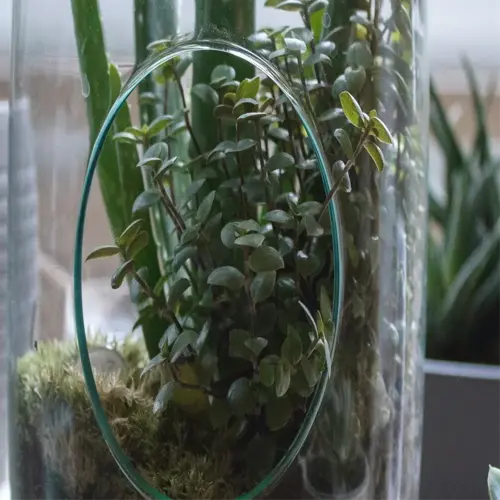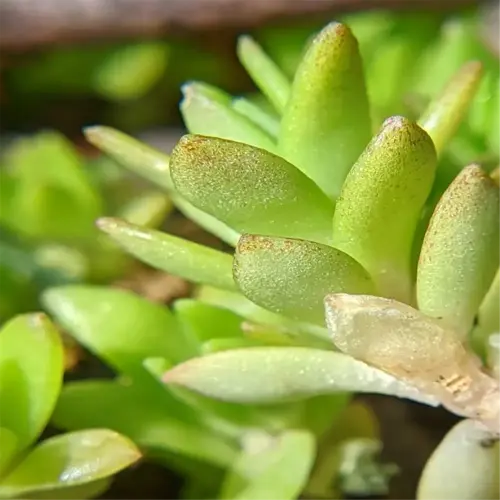Do affordable pH meters provide accurate readings?

Written by
Kiana Okafor
Reviewed by
Prof. Martin Thorne, Ph.D.The precision of soil pH testing is dependent on the quality of the meter used to perform the measurement. Low-end meters priced under $20 typically have a drift of ±0.5 pH units, and we observed this with a client using a $15 meter who received a reading of 6.8 instead of the confirmed lab report reading of 6.1. This inaccurate pH reading cost the client the blueberry crop. Mid-range meters ($40-$80) with auto-temperature correction can produce lab-equivalent results when recalibrated each month.
Budget Models
- No replaceable electrodes (6-12 month lifespan)
- Require manual temperature adjustment
- Best for single-season hobby gardens
Prosumer Models
- Replaceable electrodes (2-3 year lifespan)
- Auto-temperature compensation (±0.1°C accuracy)
- Ideal for multi-crop farms and vineyards
The conditions in which a probe or meter is used are relevant to their life expectancy. A coastal client, working in high-salinity soils, is replacing electrodes three times as often as other clients. Similarly, for customers in areas of heavy clay, I recommend calibrating probes weekly. Therefore, I always take the time to pre-test soils for EC (electrical conductivity) to be able to recommend meters and probes for the client. The personality of the soil you are working in dictates the longevity of the tool.
Calibration practices are greatly successful in avoiding disasters and problems for you! Use pH 4/7/10 buffer solutions and not distilled water. One vineyard I read about had not calibrated its pH meter in six months. It had drifted by .8 pH based on their new and old readings. After recalibrating their meter with fresh buffers (which was the ultimate goal of preventing a .8 pH level change) they saved a $12,000 grape harvest.
Read the full article: Soil pH Testing: 7 Essential Steps for Accurate Results

